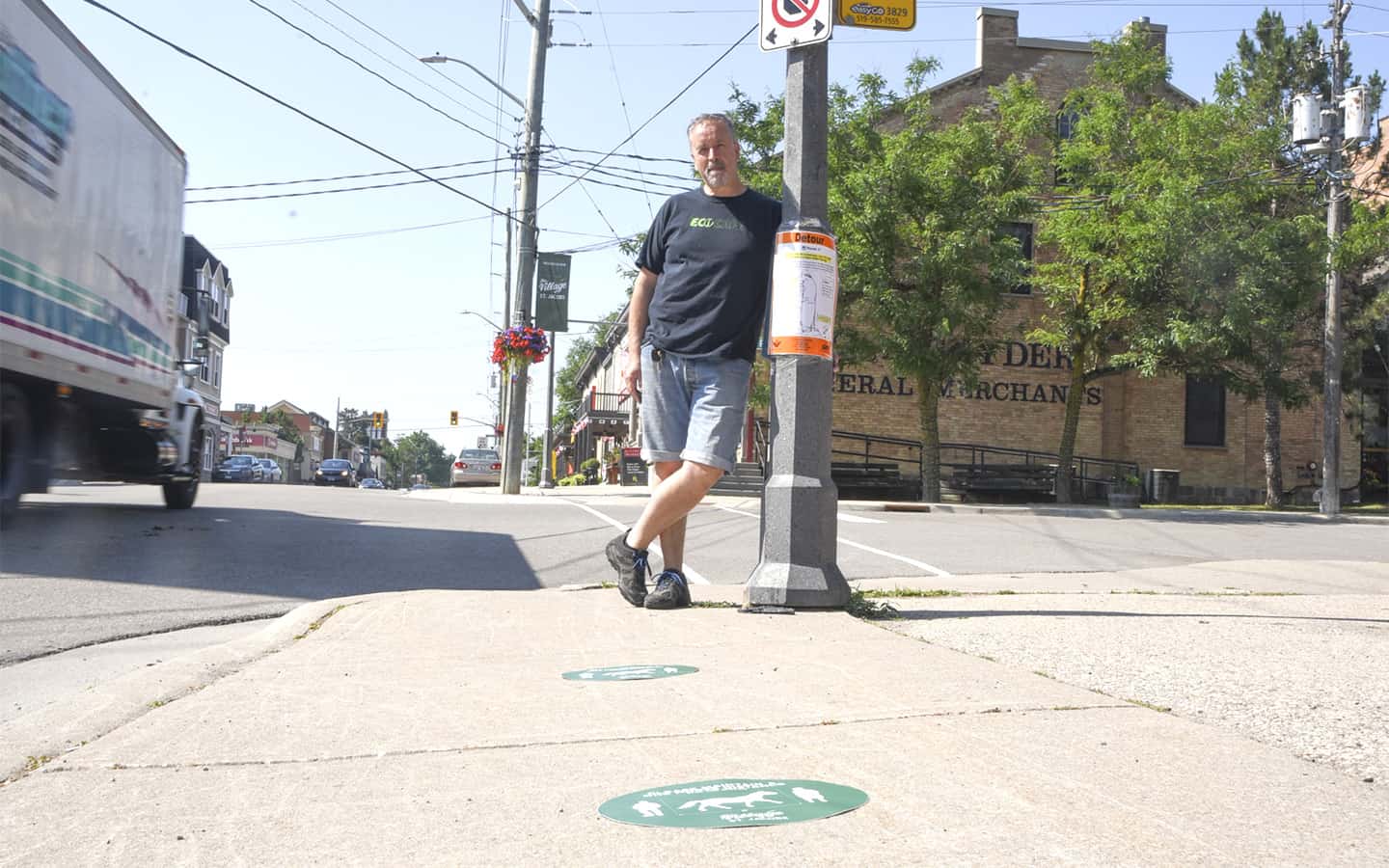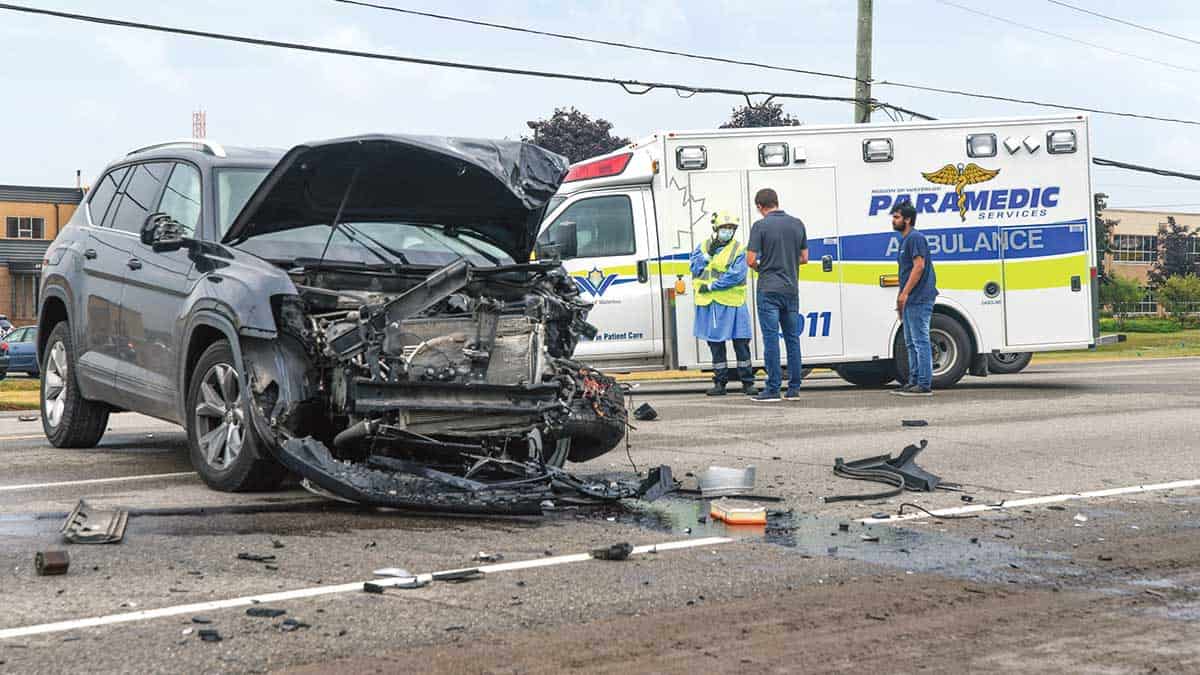On hold for the past couple of years, work on the new Highway 7 between Kitchener and Guelph will resume next year, the province announced this week.
Construction on the four-lane, controlled access route began in 2015, but stopped in 2018 as the newly elected Ford government reviewed its finances.
The resumption of work on the project was part of a $764-million commitment to expansion and a larger $2.6 billion for highway infrastructure across the province to expand and repair highways and bridges.
“Today I’m happy to announce on behalf of Caroline Mulroney, Ontario’s minister of transportation, that our government is moving ahead with a clear commitment to fund the construction of a new highway seven between Kitchener and Guelph. The new Highway 7 will connect a fast growing urban centre of Kitchener, Waterloo and Guelph and provide relief to the heavily travelled 401,” Kitchener-Conestoga MPP Mike Harris said Wednesday in a video conference.
Included in this expansion will be 18 kilometres of four-lane freeway and seven interchanges, including a multilevel freeway to freeway interchange connecting the new Highway 7 and Highway 85. A new crossing over the Grand River and local road improvements to enhance traffic operations will also come as the project is undertaken. That portion of the project is considered to be phase three, with the first two parts either already completed or currently underway.
“Phase One has been completed already, which was a lot of the work in and around Highway 85 in Victoria Street, namely the Victoria Street bridge replacement, and, obviously, all of the connections and everything that comes with that. Phase two has been underway now for over a year, which is environmental studies and assessments in regards to the new bridges that will need to be built over the Grand River. That work is ongoing. And then of course, phase three, which we’ve committed to completion, which is the actual work of the building out of the highway,” Harris added.
Construction will resume in 2021 following completion of the remaining field investigations and preliminary engineering, as well as the selection of a contractor to carry out the work.
When construction got underway in 2015, the project was expected to take five years to complete at a total cost of about $300 million. To date, the ministry has spent approximately $70 million on property acquisition, and another $50 million on construction.
Regional Chair Karen Redman welcomed Wednesday’s announcement, saying the project is integral to an expanding community.
“Funding for Highway 7 has been eagerly anticipated. Everyone in Waterloo Region knows how vital the construction of the new Highway 7 is for the innovation corridor and connecting the communities of Waterloo Region and Guelph. But this new highway is more than a connection between Waterloo Region and Guelph, it’s an investment in the quality of life for commuters who sit in congestion daily, [an] investment to reduce emissions and it is welcome boost to our economy during these uncertain times,” said Redman.
Under phase two, the bridge was supposed to be completed this year, however, Harris says it’s a “safe assumption” that the target will not be met, instead aiming for sometime next year as phase three is set to begin.
A timeline and revised budget for the project remains unknown pending completion of the bidding process and awarding the contract, said Harris.









